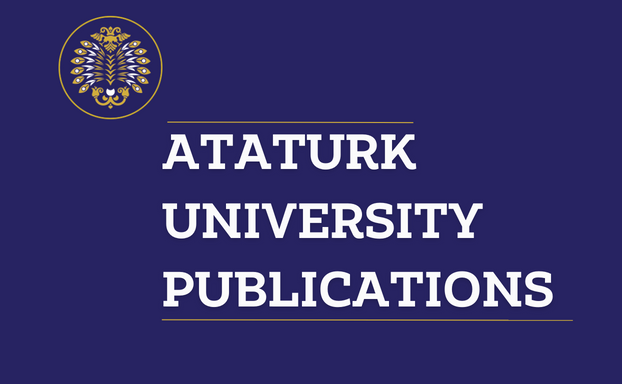The meaning and value of human existence as an entity changes depending on ontological perspectives. Each ontological questioning corresponds to positioning in the human dimension and creates its philosophy of knowledge, politics, morality, and society. While the emphasis of idealism, which bases reality on ideas, is on the subject, the emphasis of realism, which bases reality on the factual field, is on the object. But, reality in both has an ontological origin. However, it is not possible to talk about such a root in the hyperreality phase. The appearances and modes of existence of the being, which has no relation to mind or matter, have changed, and the questioning of humans and human has to be re-evaluated. Based on the subjective idealism of G. Berkeley in the study, the changing forms of existence from the modern age to the digital age and how human existence is defined in this historical flow; how the existence in the mind of God, the mind of the state, and the digital mind positions the human being as an entity. It has been concluded that the emphasis on human existence as "the knowing-subject" has transformed into a "known-object" the ontological roots of the subject-object distinction have been lost, and in this context, human competence has been violated.
Tanrı Usundan Dijital Usa İnsanın Var Olma Problemi
Varlık olarak insanın var olmasının anlamı ve değeri, ontolojik perspektiflere bağlı olarak değişmektedir. Her ontolojik sorgulama insan boyutunda bir konumlandırmaya tekabül etmekte ve kendi bilgi, siyaset, ahlak ve toplum felsefesini yaratmaktadır. Gerçekliği idealara dayandıran idealizmin vurgusu özneye iken; gerçekliği olgusal alana dayandıran realizmin vurgusu nesneyedir. Ancak her ikisinde de gerçeklik ontolojik bir kökene sahiptir. Fakat hipergerçeklik evresinde, böyle bir kökten söz etmek mümkün değildir. Usla ya da maddeyle ilişkisi kalmayan varlığın görünümleri ile varolma tarzları değişmiş, insan ve insana dair sorgulamaların yeniden değerlendirmesi gerekmiştir. Çalışmada G. Berkeley’in subjektif idealizminden hareketle modern çağdan dijital çağa değişen varolma biçimleri ve bu tarihsel akışta insan varlığının nasıl tanımlandığı; Tanrı usunda, devlet usunda ve dijital usta varolmanın, varlık olarak insanı nasıl konumlandırdığı irdelenmiştir. Bu çalışmada, insan varlığına “bilen-özne” olarak yapılan vurgunun, “bilinen-nesne” olarak dönüştüğü, özne ve nesne ayrımının ontolojik köklerini kaybettiği ve bu bağlamda insanın yetkinliğinin ihlal edildiği sonucuna varılmıştır.
Anahtar Kelimeler: Berkeley, dijital us, var olmak, Tanrı usu, Devlet usu
Cite this article: Karaoğlu G. (2022). The problem of human existence from the mind of God to the digital mind. Current Perspectives in Social Sciences, 26(3), 342-349.
Current Perspectives in Social Sciences





Review
The Problem of Human Existence from the Mind of God to the Digital Mind
1.
Atatürk Üniversitesi, İletişim Fakültesi, Gazetecilik Bölümü, Erzurum, Türkiye
Current Perspectives in Social Sciences
2022; 26: 342-349
DOI: 10.5152/JSSI.2022.221634
Read: 666
Downloads: 198
Published:
28 September 2022
Files

.png)
